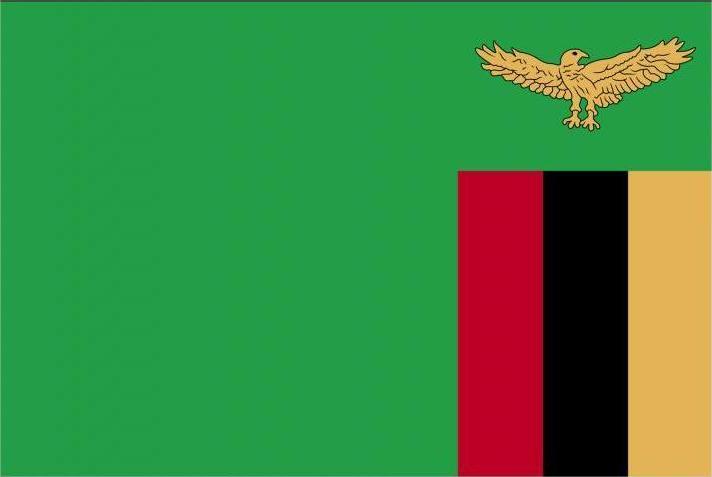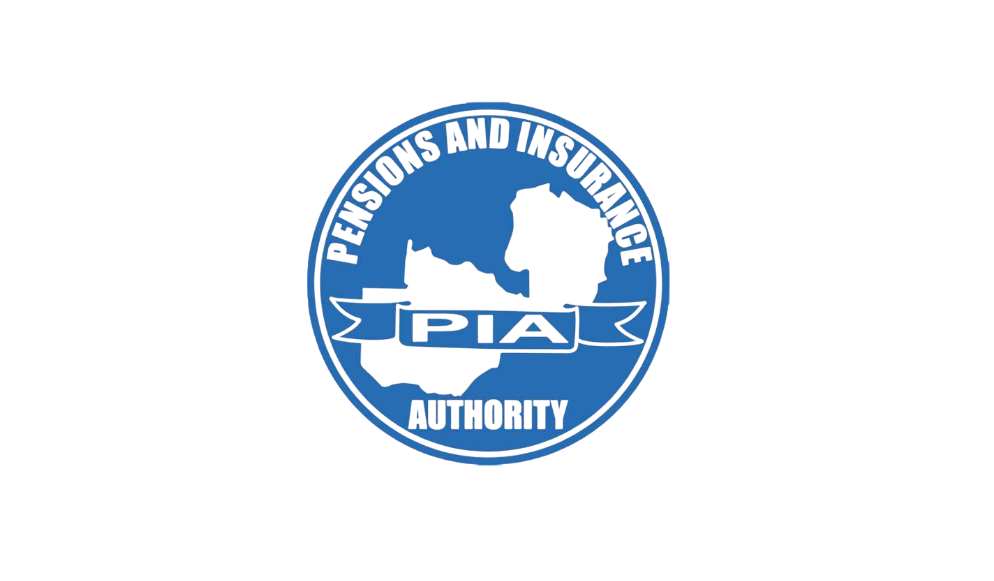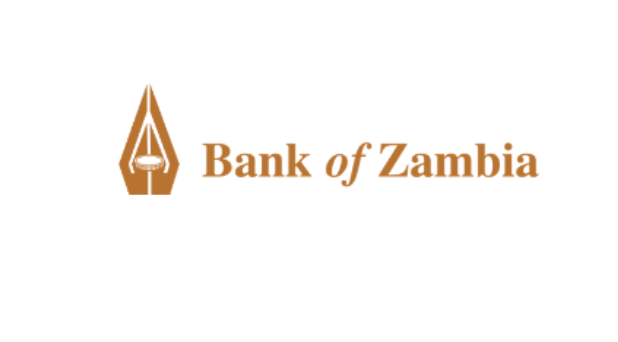Zambia asks Japan, Belgium, Netherlands for support on its debt
Zambia has reached out to Japan, as well as Belgium and the Netherlands, to ask for support in its debt restructuring process through the G-20 Common Framework. The government has appealed to the IMF Executive Directors of the aforementioned countries for continued assistance in resolving the country’s debt restructuring process.
According to Finance and National Planning Minister Situmbeko Musokotwane, the Zambian government is working hard to improve the productivity of small-scale farmers in the region, while also attracting large-scale capital, technology, and skills to deal with food supply constraints. In his statement during the ongoing IMB/World Bank 2023 Spring Meetings, Dr. Musokotwane emphasized Zambia's call for all creditors to continue their respective processes of moving the country towards debt sustainability.
In addition, the Word Bank Group Vice-President for East and Southern Africa, Victoria Kwakwa, commended Zambia for removing the import duty on maize. Dr. Kwakwa expressed confidence that the move would help reduce food prices in the country and boost food security for its citizens.
Zambia has been facing significant economic challenges in recent years, including a high level of external debt and a widening fiscal deficit. The country's debt crisis has been exacerbated by the COVID-19 pandemic, which has led to a decline in demand for Zambia’s key export commodities such as copper, and a sharp fall in government revenue.
In response to the crisis, the Zambian government has been engaging with its creditors, including China and bondholders, to restructure its external debt. The country has also requested a debt service suspension from the G-20 countries, which has been granted until the end of 2021.
The G-20 Common Framework is a new debt restructuring initiative launched by the G-20 in November 2020 to help countries deal with debt distress. Under the framework, countries in debt distress can request debt treatment from their official bilateral creditors, which includes G-20 countries, and the Paris Club. The framework is aimed at helping countries restore debt sustainability while ensuring that their debt treatment is coordinated among creditors.
Zambia is one of the first countries to request debt treatment under the framework. The country has also been engaging with the IMF on a possible Extended Credit Facility (ECF) program to support its economic reforms and help restore macroeconomic stability.
The Zambian government has emphasized the need for a comprehensive debt restructuring plan that includes all creditors, including commercial creditors, to ensure debt sustainability and avoid a disorderly default. The government has also committed to implementing economic reforms, including fiscal consolidation, to restore macroeconomic stability and support sustainable growth.
The Zambian government's efforts to address its debt crisis have been supported by the international community, including the IMF and the World Bank. However, the road to debt sustainability remains challenging, given the country's limited fiscal space and the uncertain global economic environment.
Zambia's appeal to Japan, Belgium, and the Netherlands for support in its debt restructuring process through the G-20 Common Framework underscores the country's commitment to restoring debt sustainability and achieving macroeconomic stability. The government's efforts to improve the productivity of small-scale farmers and attract large-scale capital, technology, and skills to deal with food supply constraints are also important steps towards achieving sustainable growth and development.























































First, please LoginComment After ~